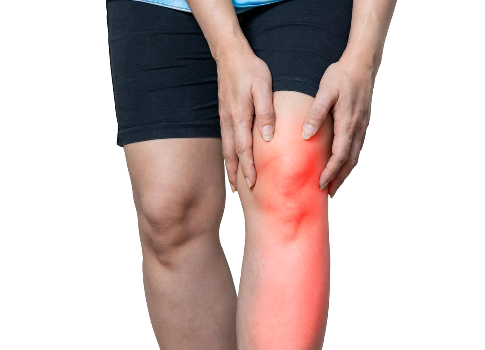Lymphedema surgery
If you are experiencing persistent swelling in your arms or legs, discomfort, or recurrent infections, it could be due to lymphedema. Left untreated, this condition can affect your mobility and overall quality of life.

Lymphedema Surgery in Delhi – Dr. Pradeep Kumar Singh
Dr. Pradeep Kumar Singh offers advanced Lymphedema Surgery and comprehensive lymphedema treatment in Delhi. Using the latest microsurgical techniques, he focuses on restoring natural lymphatic flow and reducing swelling effectively.
With a patient-centered approach, Dr. Pradeep Kumar Singh evaluates each case individually to design a personalized treatment plan. This ensures not only functional improvement but also long-term relief and enhanced comfort.
Whether through Lymphedema Bypass Surgery, Vascularized Lymph Node Transfer, or other specialized interventions, patients can regain mobility, prevent infections, and improve daily functioning.
Take the first step toward lasting relief with expert care and guidance from Dr. Pradeep Kumar Singh.
